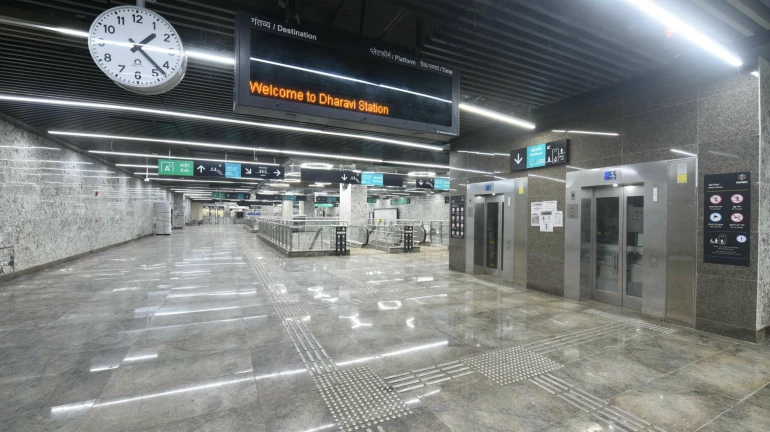
On Sunday, May 18, the Cellular Operators Association of India (COAI) accused Mumbai Metro of attempting to extract monopolistic and exorbitant charges for enabling mobile network services. The industry body argued that, under the provisions of the new Telecommunication Act and the Right of Way (RoW) rules, a public authority is prohibited from denying Right of Way to telecom operators in a public space — a principle COAI claims Mumbai Metro is violating.
COAI stated that telecom service providers (TSPs) had proposed a common infrastructure solution via In-Building Solutions (IBS) to ensure seamless mobile connectivity with minimal disruption. However, this proposal was overlooked by Mumbai Metro.
“Telecom service providers are always ready to deploy IBS networks. But in this case, Mumbai Metro has awarded exclusive rights to a third-party vendor, effectively creating a monopoly, and is now attempting to charge unjustifiable and extortionate fees for mobile network services,” said COAI.
COAI Director General S P Kochhar pointed out that public locations such as the PWD tunnel at Pragati Maidan and the Central Vista have allowed TSPs to lay network infrastructure without incurring costs or involving third-party intermediaries. He highlighted that the situation with Mumbai Metro contradicts this standard.
Also Read: Garbage-Free City Mission: Dombivli Adopts Chennai Model With 1,200 Workers, 350 Vehicles
The association claimed that Mumbai Metro is justifying its current practices by citing previous instances of appointing third-party vendors, which COAI dismisses as invalid precedents.
“A wrong precedent does not establish legitimacy,” COAI said, adding that the industry is actively addressing the broader issue of monopolistic setups and unfair practices.
TSPs are willing to invest capital in building the required infrastructure inside the Metro system, even without expecting additional revenue. However, the COAI asserted that paying excessive charges to Mumbai Metro for deploying the network is not financially feasible.
COAI also noted that, while final agreements are still pending, all TSPs have been providing services on a trial basis. To ensure uninterrupted connectivity for commuters, telecom operators had jointly proposed to offer mobile services at no cost — neither to Mumbai Metro nor the third-party vendor — until commercial terms could be finalised. This proposal, conveyed in a joint letter dated April 7, 2025, was ignored by Mumbai Metro, according to COAI.
